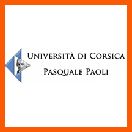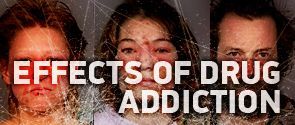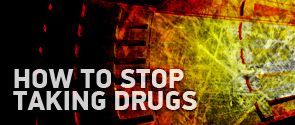
University
The University of Corsica Pascal Paoli is a French University.
The University of Corsica receives about 4 000 students. Is based, such as its Foundation, in Corte (Haute-Corse), the "City paoline" of Pascal Paoli.
The University opened in 1981, since a popular mobilization. In the field of research, three research platforms and development have emerged, in partnership with major research organizations and industrial groups: Myrtle and PAGLIA ORBA on renewable energy; STELLA MARE's fisheries resources.
Independent since 1 January 2009, the University of Corsica has created its - A Fundazione di Università di Corsica - University Foundation, chaired by Francine Demichel. In 2011, it celebrated 30 years of activity.
The University is inspired by that founded in 1765 by Pascal Paoli. Man of the Enlightenment, convinced the empowerment through knowledge, he made a cornerstone of his Government.Frequented by Rousseau, Voltaire, Montesquieu, historians agree to recognise the quality of "University of the Enlightenment". It closed in 17681. This facility has no administrative or legal connection with the current University or even linguistic relationship, because at the time the language of instruction was neither the French nor the Corsica, but Italian.
Its thematic positioning based on a niche strategy, the University of Corsica based his scientific identity seven multidisciplinary projects labelled by the CNRS at the highest level:
-renewable energy: study and management of renewable energy systems;
-water in the Mediterranean: study and management of the availability and the quality of this resource.
-forest fires: study of risks, decisions and public policies in the field of forest fires;
-natural resources: analysis and exploitation of natural resources, including the agro;
-dynamics of territories and sustainable development: analysis of the territorial reconstruction due to the pressures of economic activities on the environment;
-identities, cultures: analysis of the process of heritage and exploitation of heritage;
-the Information technology and communication (ICT): articulation of the scientific and technological research in the Web 2.0.










